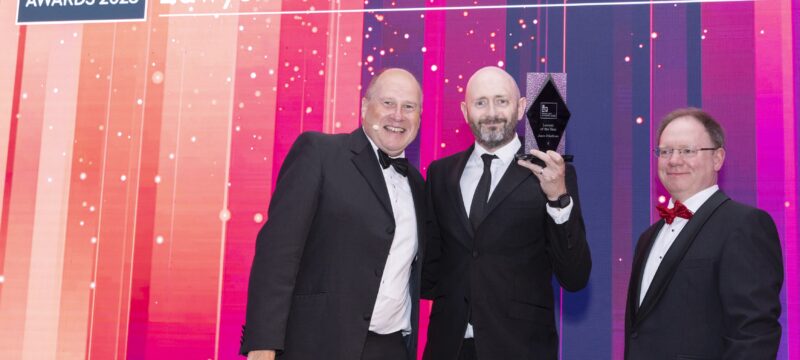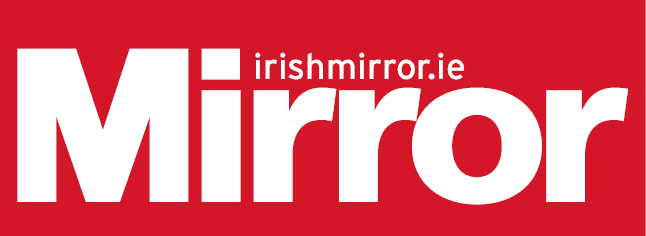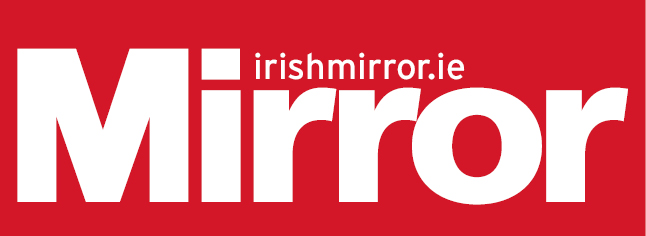
Following Donald Trump’s Presidential Inauguration last Friday (20th January 2017), the newly appointed White House Press Secretary Sean Spicer, lambasted journalists for what he claimed was “deliberately false reporting” regarding the attendance figures at the ceremony and declared “this was the largest audience to ever witness an inauguration, period!”
This was Spicers first official press briefing and his lecturing tone to the attending press was rightly received both in a critical and ridiculing manner, particularly given his inaccurate claims on crowd-size which were easily disproved through available aerial photographic evidence circulating on social media.
It is alarming however, that despite such clear evidence confirming the disparity in numbers between former President Obama’s first Inauguration in 2009 and Trumps in 2017, Spicer (and more so the new Presidential regime) persisted in knowingly relaying incorrect information to the world’s press in an unashamedly and blatant attempt to reconstruct the truth – in other words, circulate “misinformation”.
To compound such falsehoods, Trump’s senior advisor Kelyanne Conyway attempted to defend and spin such nonsensical statements by claiming Spicer “gave alternative facts”.
Of late, the term misinformation has become common place within the political arena and is in itself a sad indictment of the way politics has developed and transitioned in recent years.
The Brexit propaganda machine utilised for the “Leave” side during last year’s EU referendum campaign, which saw the UK electorate voting to leave the EU, aptly demonstrated the powerful effect misinformation can achieve if orchestrated to the right target audience.
Conservative MP Michael Gove, a talisman for the Vote “Leave” side had said during a Sky News interview before the vote that “Britain has had enough of experts”, such rhetoric was clearly unsubstantiated but utilised to fuel doubts about the role of experts and their societal importance.
Former Ukip Leader Nigel Farage admitted the day after the shock result, that that it was a “mistake” to promise that £350million a week would be spent on the NHS if the UK backed a Brexit vote, after this monumental funding pledge was used as a key influencing tactic throughout the campaign.
Prime Minister Tony Blair apologised publically last year (2016) following the damning report from the Chilcot inquiry, which heavily criticised Blair for his decision to lead Britain to war in Iraq in 2003. The report noted that Blair had exaggerated the case for war in Iraq and that Britain’s intelligence agencies produced “flawed information”.
The above examples, to name but a few, demonstrate that the use of covert misinformation is not a new phenomenon and has been the subject of much research in previous decades. One prominent expert on this topic is Robert Proctor, a science historian at Standford University, who coined the word “Agnotology” to describe the study of “deliberate propagation of ignorance”.
Proctor’s initial research into the so called study of “Agnotology” arose from the communicative tactics big tobaccos companies deployed in the 1970’s to allegedly create doubt in the minds of the public about the harmful effects of smoking. Such confusion and deceit was aimed at obscuring the facts for the benefit of the ever lucrative tobacco industry.
In a more modern context, occasional dissenting and unverified data reports that question the validity of legitimate facts relating to climate change and the imminent need for protective government measures, could be linked with such deliberate dissemination of mass ignorance for unscrupulous corporate gain.
Large scale corporate self-interest enables global companies and brands to fund mass manipulative propaganda in a more covert and sophisticated manner than ever before. Through the creation of biased centred think-tank’s that have the potential to influence government policy or through the promotion of online bloggers who gain financially for their impartial support of industry positions or products, all play an important role in shaping public opinion and swaying the political agenda.
There is little doubt that Trump is unlike most modern day politicians and he has prided himself on being a businessman first. This exception to the rule can be attractive for some of the electorate who have grown tired or apathetic towards the political elite. What is most unusual however, is that in the past such misinformation was carried out in a guised and guarded fashion as to avoid unwanted detection or scrutiny by the media or various interest groups. Which affirmed ones assumptions that such falsehoods were inherently wrong at some level by the instigators of such spin.
On the contrary, the attempt to overtly contradict clear evidence of previous crowd data as done this week by the new Trump Presidential team, sends a powerful message that the truth may be challenged and facts altered to suit Trump’s manifesto and future policies. It can be quite innocuous where the truth is openly altered for something as irrelevant as mere crowd numbers, but can be fatal when orchestrated for acts to justify war or the use of nuclear weapons.
It is a worrying time for world politics and international affairs, which now demands an even greater need for journalistic endeavour to uphold the truth and maintain ethical integrity. Similarly, an even greater role must be placed on all citizens to ensure they take responsibility for their civic duties in questioning such misinformation and strive to seek the truth, where possible so as to ensure that justice and liberty prevails in these turbulent times.
Jason O’ Sullivan, is a Solicitor and Public Affairs Consultant at J.O.S Solicitors
J.O.S Solicitors is one of the only law firms in Ireland, providing dedicated Public Affairs and Lobbying services for commercial businesses, trade and professional bodies, community groups and charitable organisations.
If you would like J.O.S Solicitors to assist or advise on any Public Affairs or Lobbying issue, then please contact us.
Disclaimer
This publication is for guidance purposes only and does not constitute legal or professional public affairs advice. No liability is accepted by J.O.S Solicitors for any action taken or not taken in reliance on the information set out in this publication. Any and all information is subject to change and professional or legal advice should be obtained before taking or refraining from any action as a result of the contents of this publication.





